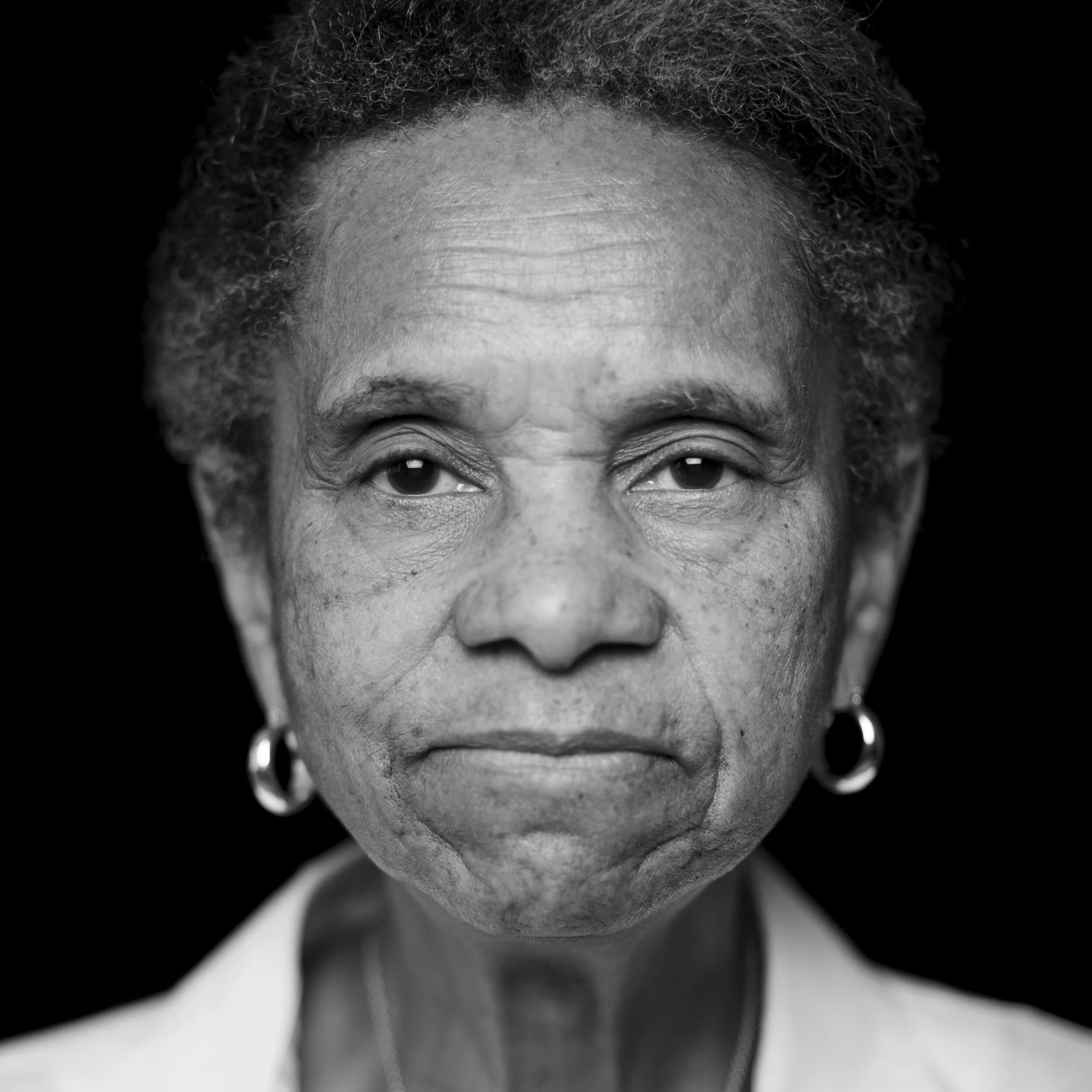It took some convincing to get Sister Patricia Rogers to participate in “This is Milwaukee.” She initially said no, in part because she gives so much of who she is to service—not the celebration of that service. She’s a serious, heads-down person who is clearly the engine that makes the Dominican Center in Milwaukee’s Amani neighborhood run. Her route to that role as the center’s executive director and to Milwaukee has circuitous. As a teen, she was one of 10 students who helped integrate a high school in Fort Smith, Arkansas, a profound and formative experience. Afterward, she got degrees in math education and social work. While a layperson teaching math at a Catholic school in Chicago, she noticed that a lot of Black students were taught by white nuns. She saw the need for African American sisters and began to ask God to bring more nuns of color into the school. Then, she had a nightmare that she eventually recognized as an answer to her prayers, a message from God. In it, her kitchen was on fire, an urgent matter that needed immediate attention. That led her to become a novice at the motherhouse for Dominicans in Sinsinawa, Wisconsin, and also to do work in New Orleans, where she experienced Hurricane Katrina and its aftermath. Today, she is still one of only a handful of African American members of her order. She came to Milwaukee nearly a decade ago to work at the Dominican Center. It started primarily as a resource for housing but now offers literacy, health and employment services as well. Sister Patricia, who is in her 70s, is especially interested in lowering the infant mortality rate in Milwaukee. From her position, she is often an intermediary between Black and white people, and reminds white folks that it’s not enough to help with a meal program or build a house. Crossing racial barriers is about knowing people and being in relationships, she says, it’s about being able to have arguments even.

